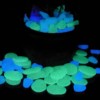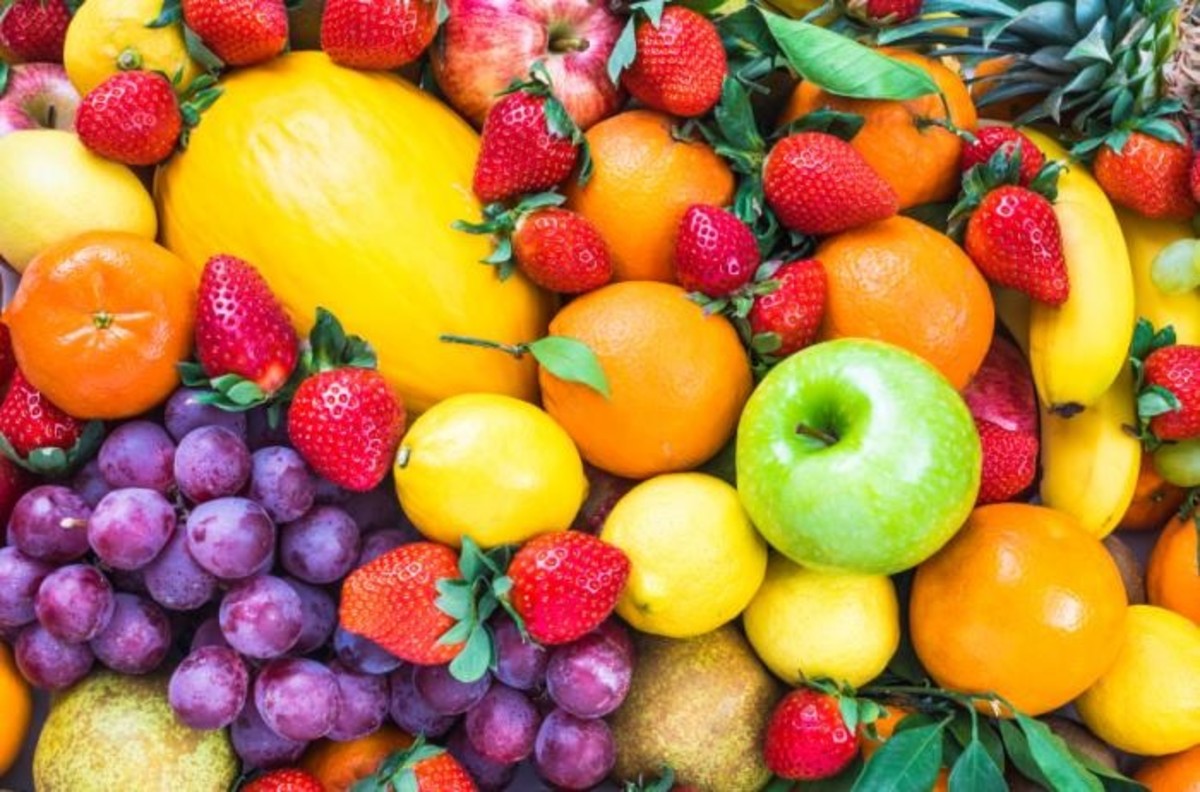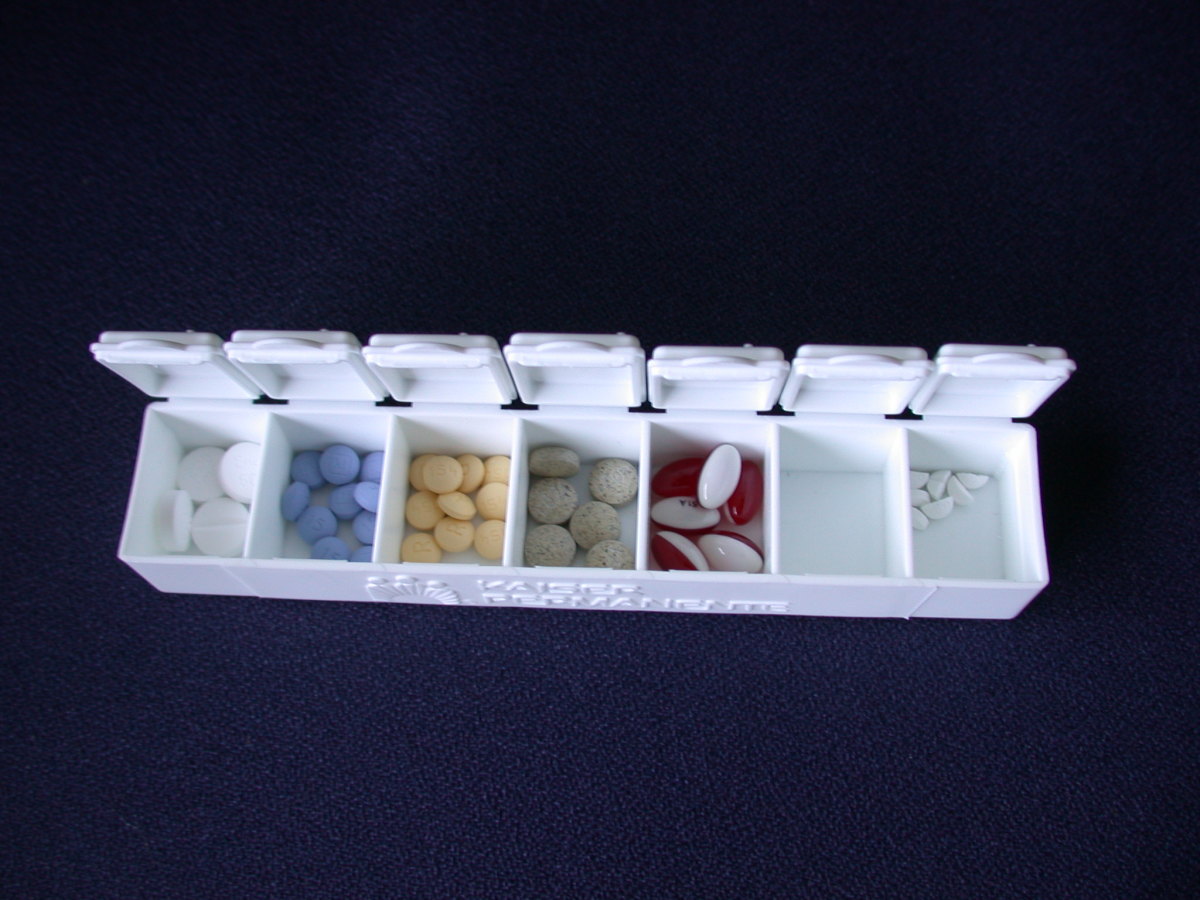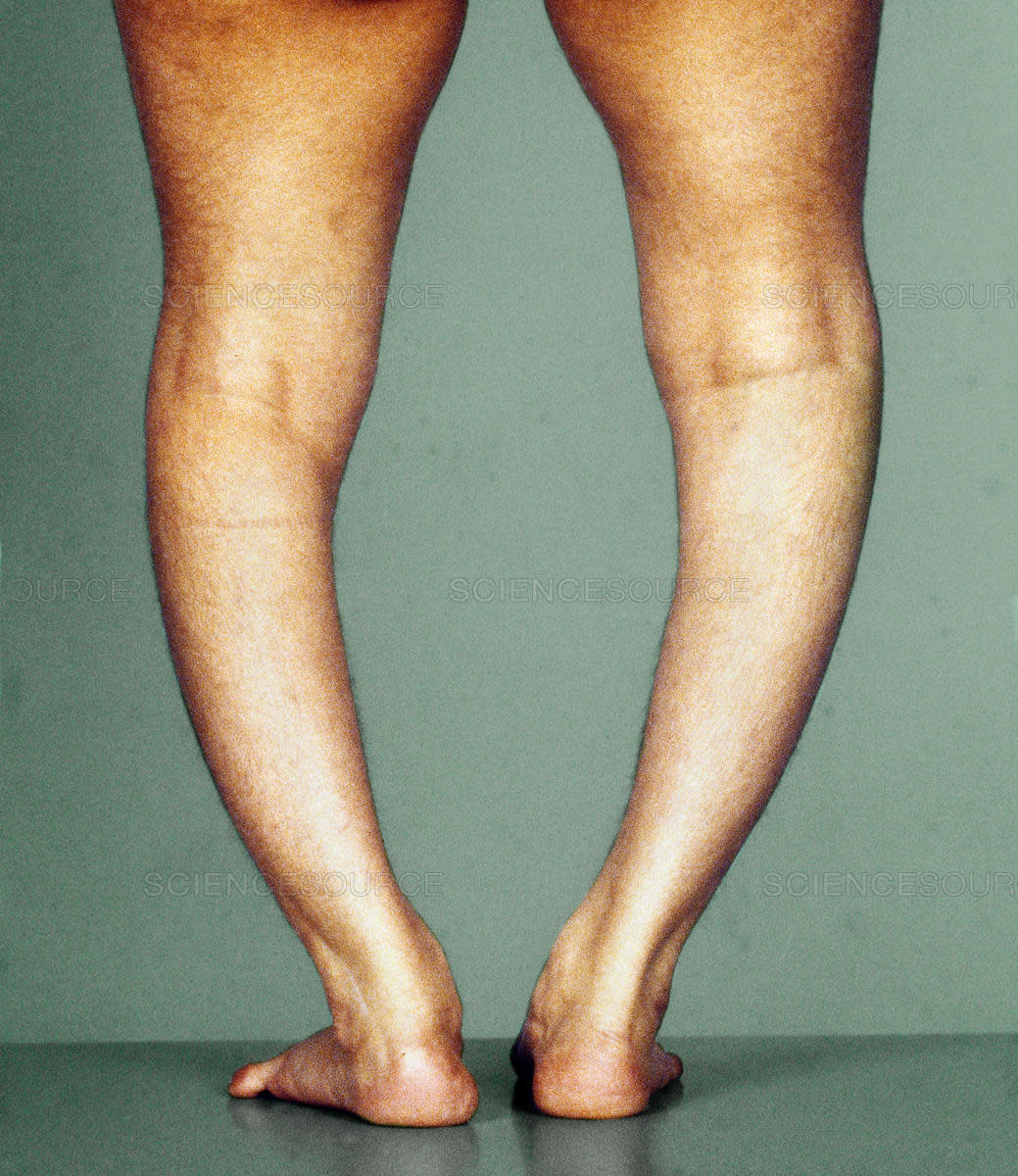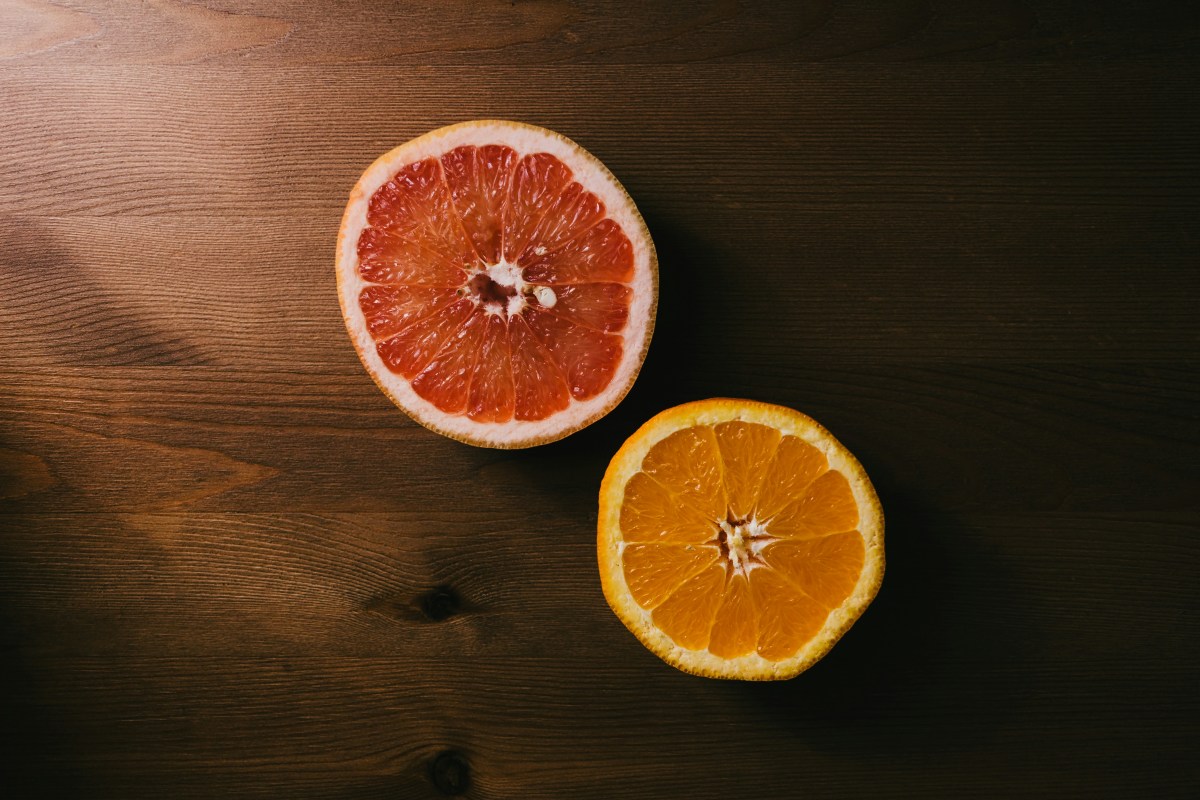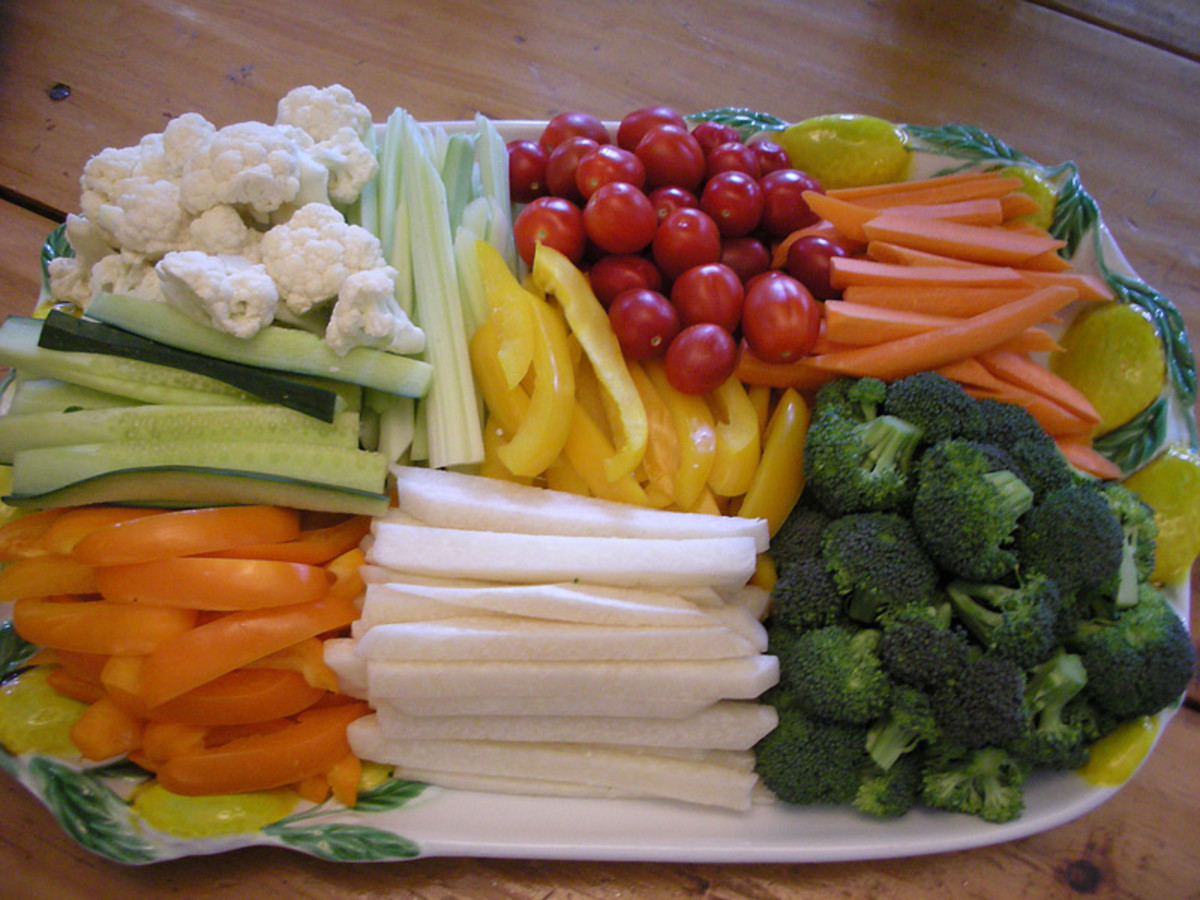Multivitamins Explained
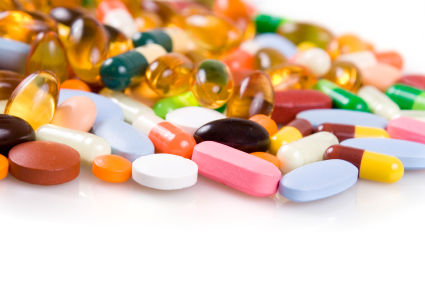
Multivitamins & How They are Utilised by the Body
Vitamins A, D, E & K are all fat soluble therefore in order for them to be fully absorbed by the body they need to be taken with food which contain vegetable or animal fats.
Vitamin A supports the immune system and helps red blood cell production and is also good for eye sight and maintaining healthy skin. Vitamin A should not exceed the 100% recommended daily allowance.
Carrots, pumpkin, sweet potato, whole milk, cod liver oil, eggs, spinach, kale and squash/butternut are good sources of vitamin A.
Vitamin B Complex
B1 (Thiamine) = Converts carbs into energy, essential for muscle function and essential for the nervous system
B2 (Riboflavin) = Helps breakdown fats, protein and carbs and promotes healthy skin. Promotes body growth, helps red blood cell production and helps release energy from carbs.
B3 (Niacin) = Aids digestive system, promotes healthy skin and promotes healthy nerves and helps metabolism. The absorption of B3 increases when combined with Folic Acid.
B4 (Adenine) = Helps maintain cholesterol (high LDL), controls insomnia, reduces hypertension and useful for helping with cancer, constipation and helps in the prevention of indigestion.
B5 (Pantothenic Acid) = Helps release the energy from food and keeps the nervous system and skin healthy. It’s also needed to form certain stress hormones.
B6 (Pyridoxine) = Protein metabolising, red blood cell production, haemoglobin production and prevents amenia. The absorption of B6 decreases when combined with Zinc, oral contraceptives, coffee, and tobacco.
B7 (Biotin) = Helps metabolism and is essential to growth including hair and breaks down carbs, fats and protein. (Important to drink 1-3 liters a day while taking this supplement as it works by utilising water in the body, so extra water is needed to prevent dehydration.)
B8 = Similar to B7 Helps repair damaged hair and skin, reduces lung infections and essential in breaking down carbs, fats and protein.
B9 (Folic Acid) = for DNA synthesis and cell growth and is important for red blood cell formation, energy production as well as the forming of amino acids. Folic acid is essential for creating heme, the iron containing substance in hemoglobin, crucial for oxygen transport. The absorption of B9 increases when combined with Vitamin C and decreases when taken with Zinc.
B10 = Beneficial sunscreen and helpful for fighting against premature aging and age spots.
B11 = Similar to B9 Essential for the growth and forming tissue, is extremely important for the formation of brains and the spinal marrow of a non-born child and needed for cell division
B12 (Cobalamin) = Nerve cell health, red blood cell health and helps make DNA, keeps the spinal cord, brain and nervous system and helps blood clot after the body has been cut. The absorption of B12 decreases when combined with Vitamin C doses greater than 500 mg.
Do you take vitamins on a regular basis
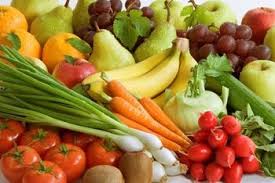
B vitamins are water soluble therefore the recommended daily allowance of water consumption is needed in order for them to be fully absorbed into the body and work efficiently. The body does not store water soluble vitamins so you will excrete anything that the body does not use and for this purpose water soluble vitamins need to be replaced on a daily basis. To gain the most benefits from the B-Complex family, it is advised to take them all together.
Take a vitamin C supplement in the morning and remember the body excretes what it doesn’t need after 12-16 hours after consumption. If you are a smoker take just over the recommended dose of vitamin C as smoking depletes it from the body.
The recommended dietary allowance (RDA) for vitamin C in non-smoking adults is 75 mg per day for women and 90 mg per day for men. For smokers, the RDA’s are 110 mg per day for women and 125 mg per day for men. Vitamin C is also a water soluble vitamin which needs to be replaced everyday. The absorption of Vitamin C decreases when combined with pectin, iron, zinc, and aspirin.
Vitamin D helps regulate the amount of calcium and phosphate in the body. These nutrients are needed to keep bones and teeth healthy. We get most of our vitamin D from sunlight on our skin. The vitamin is made by our body under the skin in reaction to summer sunlight. Vitamin D supplements should not exceed 50mcg per day.
Vitamin E helps protect cell membranes. It protects the skin from environmental pollution. It has a protecting action against UV radiation – although it cannot be classed as a sunscreen. It is an excellent moisturiser, contains powerful anti-inflammatory action – and this can prevent the signs of premature ageing, as inflammatory conditions in the skin is a leading cause of skin ageing and it also has excellent wound healing properties. RDA is 3mg for women and 4mg for men.
Vitamin K is crucial for proper blood coagulation (clotting) - it helps make 4 of the 13 proteins required for blood clotting. It is also involved in maintaining good bone health as we age.
Quick Breakdown
B12, B2, B3, & B6 are found in meat.
B1, B2, B3, B5, B6, B7 & B9 are found in beef liver.
B1, B2, B3, B7, & B12 are found in eggs.
B1 & B6 are found in brown rice.
Quick Tips
Drink plenty of water, between 1-3 liters a day.
Take B Complex vitamins together.
Zinc and other vitamins need to be taken in isolation.
Enjoy a varied diet rich in colours.
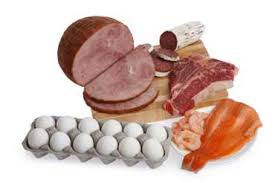
B4 is found in raw honey, bee pollen, royal jelly, most fresh vegetables and most fresh fruits. It is believed that all complex carbohydrates contain varying amounts of Vitamin B4
B5 is found in plaice fillet, eggs, lean roast beef, low fat yoghurt, wholemeal bread and butter peanut.
B6 is found in brown rice, pistachios, hazelnuts, raw garlic, tuna, salmon, cod and lean pork.
B7 is found in whole grains, nuts, egg yolks, sardines, legumes, liver, cauliflower, bananas, and mushrooms.
B8 is found in potatoes, bananas, beans, seeds, nuts, red meat, poultry, fish, eggs, spinach, and fortified cereals.
B9 is found in fresh green vegetables, such as spinach and broccoli. It is also found in fruit, starchy vegetables, beans, whole grains and liver.
B10 is found in bran, kidney, liver, molasses, wheat germ, and yogurt.
B11 is found in spinach, oranges, egg yolks, meat, potatoes, liver and green leafy vegetables.
B12 is found in meat, liver, beef, mutton, chicken, pork, ham, fish, whole egg, milk, cheese and yoghurt.
Vitamin C is found in broccoli, red pepper, currants, brussel sprouts, parsley, potatoes, citrus fruit and strawberries.
Vitamin D is found in oily fish, such as salmon and sardines, fortified fat spreads fortified breakfast cereals and powdered milk.
Vitamin E is found in nuts, seeds, corn oil, olive oil, wheat germ and cereals.
Vitamin K is found in spinach, swiss chard, cabbage, kale, cauliflower, broccoli, brussel sprouts, avocado, kiwifruit, grapes and parsley.
Iron - absorption increases when combined with Vitamin C, protein (from animals) & amino acid supplements. Absorption decreases when combined with high doses of zinc or copper, coffee, tea and soy(a).
Calcium - absorption increases when combined with Vitamin D which does not have to be taken at the same time, lactose, protein and vitamin C. Absorption decreases when combined with large doses of magnesium, zinc, and phosphate.
Magnesium - absorption increases when combined with Vitamin D which does not have to be taken at the same time. Absorption decreases when combined with large doses of calcium and phosphate.
I hope you found this article of interest! ;-D
The ABCs of Vitamins | HealthiNation
Sourcing Multivitamins
Be aware, not all vitamins are created equal. Seek your items from a reputable source. Bigger and respectable companies such as supermarkets and well know health food stores are more likely to supply products of better quality. This was advice given to me by a pharmacist. Look out for fillers which are sometimes used to add mass to products, these are sometimes called bulking agents.
Do have a look at 'Weight Loss & Diet Explained' & 'Weight Loss & Diet Explained 2' for additional information.
Take Care & Be Happy ;-D
